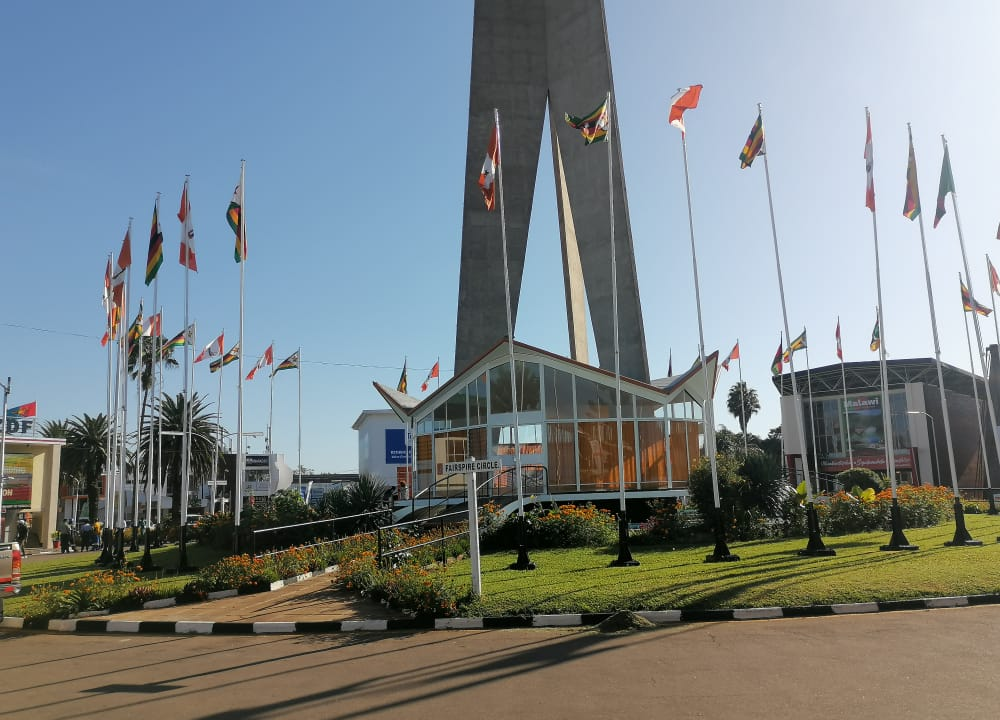Zimbabwe Roundup: Parliament shutdown, fuel transportation, efforts to eliminate HIV/AIDS

2025 Opening of Zimbabwe International Trade Fair
Mozambican President Daniel Chapo is set to officially open the 2025 Zimbabwe International Trade Fair (ZITF) in Bulawayo from April 21 to 26, themed "Industrialisation: Crafting an Integrated Landscape." According to Club of Mozambique, the event is seeing robust preparation with nearly 600 exhibitors registered, including 98 first-time participants, indicating a surge in international interest from 29 countries. The fair will feature various notable events including a Rural Industrialisation Indaba, Connect Africa Symposium, and an International Business Forum. Celebrating its 65th year, ZITF aims to significantly bolster trade, investment, and industrial growth across Zimbabwe and the surrounding region.
Parliament shutdown
President Emmerson Mnangagwa has made headlines recently by shutting down Zimbabwe's Parliament, igniting fears of a possible impeachment attempt. The disruption was sparked when the Deputy Speaker suspended a motion, reportedly supported by discontented ZANU-PF legislators and opposition MPs, relating to alleged constitutional violations by the President. The Zimbabwe Mail reports that the chaotic proceedings culminated in Parliament's adjournment until May 2025, prompting opposition leaders to denounce this step as procedural misconduct threatening democratic norms. Following this, protests have emerged, with the Zimbabwe Human Rights Association declaring the suspension indicative of excessive executive power. This political upheaval is reflective of mounting tensions within ZANU-PF as the nation faces an economic crisis in anticipation of the 2028 elections. Notably, state media has remained largely quiet amidst rumours of arrests connected to the looming impeachment initiative.
Fuel transport
In a strategic move, Companhia do Pipeline Moçambique-Zimbabwe (CPMZ) has announced plans to enhance the capacity of its Beira corridor pipeline from 3 million to 5 million cubic meters per annum by 2027. This upgrade aims to optimise fuel transport from Mozambique's Port of Beira to Harare, extending to other markets in the Democratic Republic of Congo, Zambia, Malawi, and Botswana, EnergyCapital & Power reports. The announcement was made by Victor Macuácua in Cape Town, underscoring over four decades of effective transport operations, a critical infrastructure component for regional connectivity and commerce.
Cricket games
Zimbabwe’s cricket team has announced a 15-man squad for their two-Test series against Bangladesh, marking an important return to the subcontinent since 2020. The squad sees veteran all-rounder Sean Williams and captain Craig Ervine returning, alongside the inclusion of wicketkeeper-batter Tafadzwa Tsiga and uncapped leg-spinner Vincent Masekesa, while players such as Joylord Gumbie and Takudzwanashe Kaitano have been omitted. According to the International Cricket Council, Head Coach Justin Sammons expressed optimism regarding the team's development and readiness for the impending challenges, with the first Test set for Sylhet from April 20–24, followed by a second Test in Chattogram from April 28 to May 2.
Efforts to eliminate HIV/AIDS
Zimbabwe has demonstrated remarkable advancements in addressing HIV/AIDS, having achieved the UNAIDS 95-95-95 targets designed to eliminate AIDS as a public health danger by 2030. Specifically, this entails ensuring that 95% of individuals living with HIV are aware of their status, that 95% of those diagnosed are receiving antiretroviral therapy (ART), and that 95% of those on treatment achieve viral suppression. New Zimbabwe reports that, although the country faces economic challenges, efforts by the government, international organisations, and civil society have amplified access to ART and awareness initiatives. Critical contributions have emerged from village health workers and faith-based initiatives, such as the International Network of Religious Leaders Living with or Affected by HIV/AIDS (INERELA+), that tackle stigma and extend support within communities. While these collaborative efforts signify the attainability of progress, officials underscore the necessity of ongoing vigilance to fully eradicate AIDS by 2030.